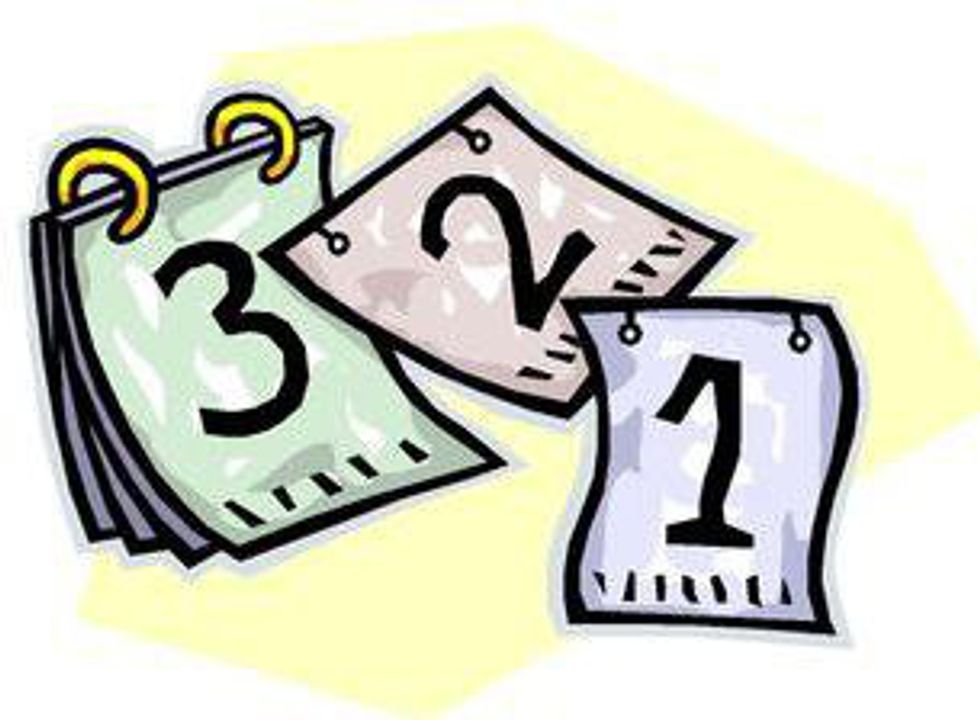We’re deep in the trenches of many a like virus. The verbal utilization of the popular filler word, and the just-as-common but much more coveted “like button”.
Facebook has this button. Twitter, Instagram, and Pinterest have hearts. Youtube has a thumbs up—much like the like button.
These buttons are generally utilized to convey something like "like." If I like it I’ll
like” it. When we post something on social media we often check again and again to see how many “likes” we’ve garnered. It may make us feel (you can probably guess what I’m going to type next) liked. It makes us feel that somebody (or, hopefully, at least 20 or 30 or 40) others care enough to click a button and express their like. It makes us feel accepted. It makes us feel popular.
And it doesn’t stop there. Depending on who was quick to “like” it first can also mean something in the heavily veiled flirtatious internet culture. If our crush hits that button within three minutes (give or take a few) of us posting it, Heaven knows how much that sends thrills into our heart (obviously it means things are getting pretty serious). But if they don’t “like” it…well, we can kiss them goodbye (except not because they didn’t “like” it which means they obviously don’t like you).
Somebody not hitting that button of approval or affection can also mean something else. It can mean we’ve just been through a rough patch (or are going through a rough patch) with them. Those who were always first to “like” something now don’t at all. This can be due to a breakup, disagreements, or a simple plain-old falling out. We cannot hit that button by any means because it will express our love and gratitude and approval of somebody we aren’t feeling very loving or approving towards.
It might seem ridiculous, but it’s true of many people today who’ve grown up with a syndrome such as this. In a world where most of the things we know often come from the internet and relationships are formed likewise, this little button on a screen holds tremendous power over our lonely souls.























